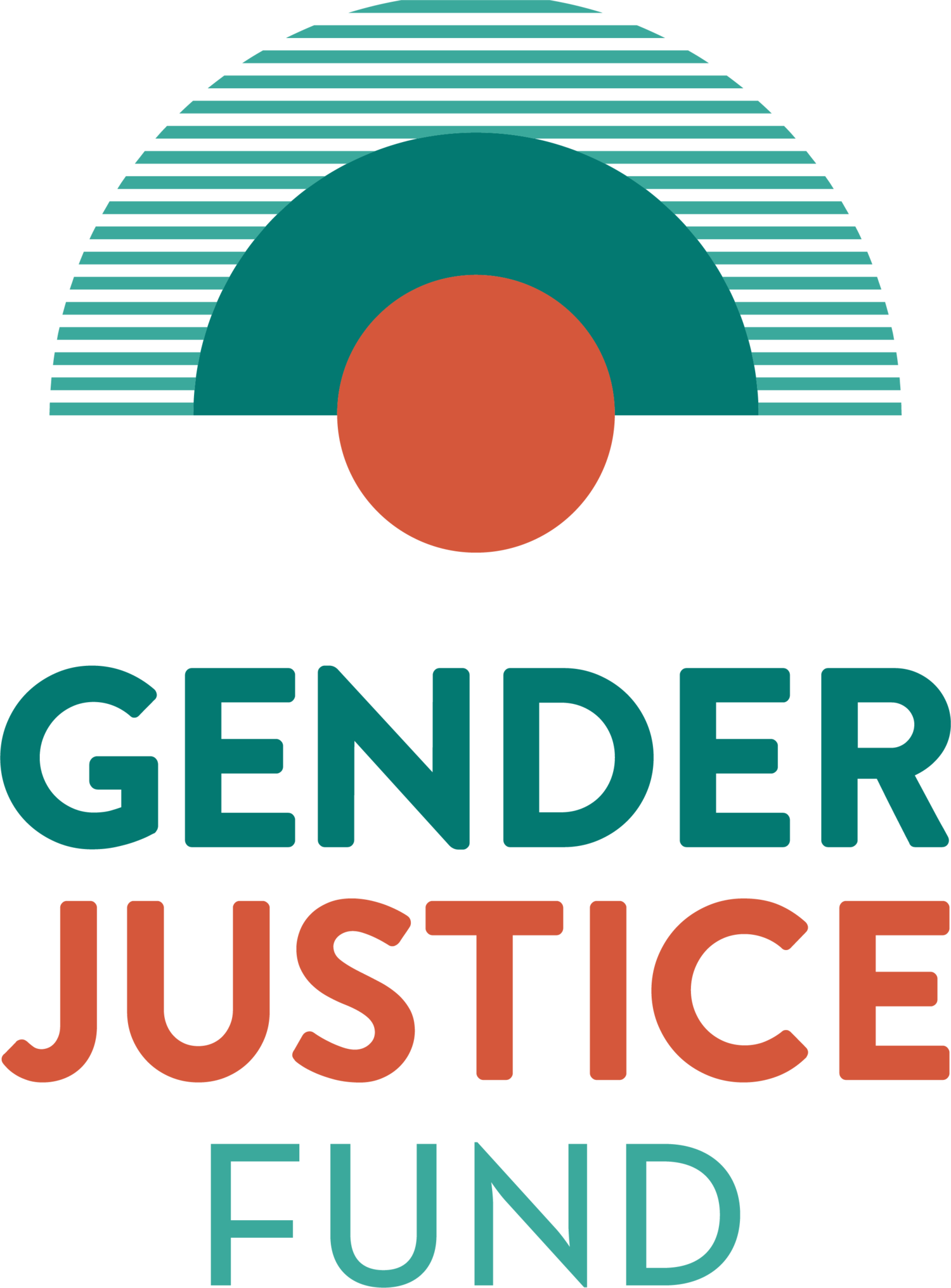GRANTMAKING
Approach
In 2018, responding to overwhelming feedback from the non-profit community, Gender Justice Fund transitioned to a “trust-based” approach to philanthropy, based on a model by the Whitman Institute. Trust-based Philanthropy is an approach designed to address power imbalances between grantmakers and grantees and is based on the following six principles:
Offering multi-year, unrestricted funding
Transferring the onus of due diligence from grantee to grantmaker
Simplification and streamlining of grant submission and reporting processes
Transparency and responsiveness on the part of grantmakers
Providing support beyond the check
Requesting and acting on feedback from grantees
Photo courtesy of PA Domestic Workers Alliance
A coalition of organizations including grantees PA Domestic Workers Alliance, ROC Pennsylvania, One PA, Community Legal Services, and Women’s Law Project holding a rally for labor rights outside Philadelphia City Hall
What (and how) We Fund
We only fund organizations with ties to the Philadelphia, PA area of the United States.
Except for the Trans Resilience Fund, all grantees must have 501 (c)(3) status or a fiscal sponsor.
We do not accept unsolicited proposals for any program except the Trans Resilience Fund. Proposals for that fund are accepted annually, usually in April or May. Sign up for the mailing list to be notified when the application goes live.
Organizations interested in being considered for a grant program other than the Trans Resilience Fund may contact us to discuss their work, but we recommend reviewing the guidelines for the program and the list of existing grantees first to determine if your organization is a good fit.
We have limited funding for event sponsorship and allocate those funds to organizations with whom we have existing relationships.
We do not fund arts and media projects (films, etc.).
Grantmaking Programs
Gender Justice Fund currently has four grantmaking programs.


